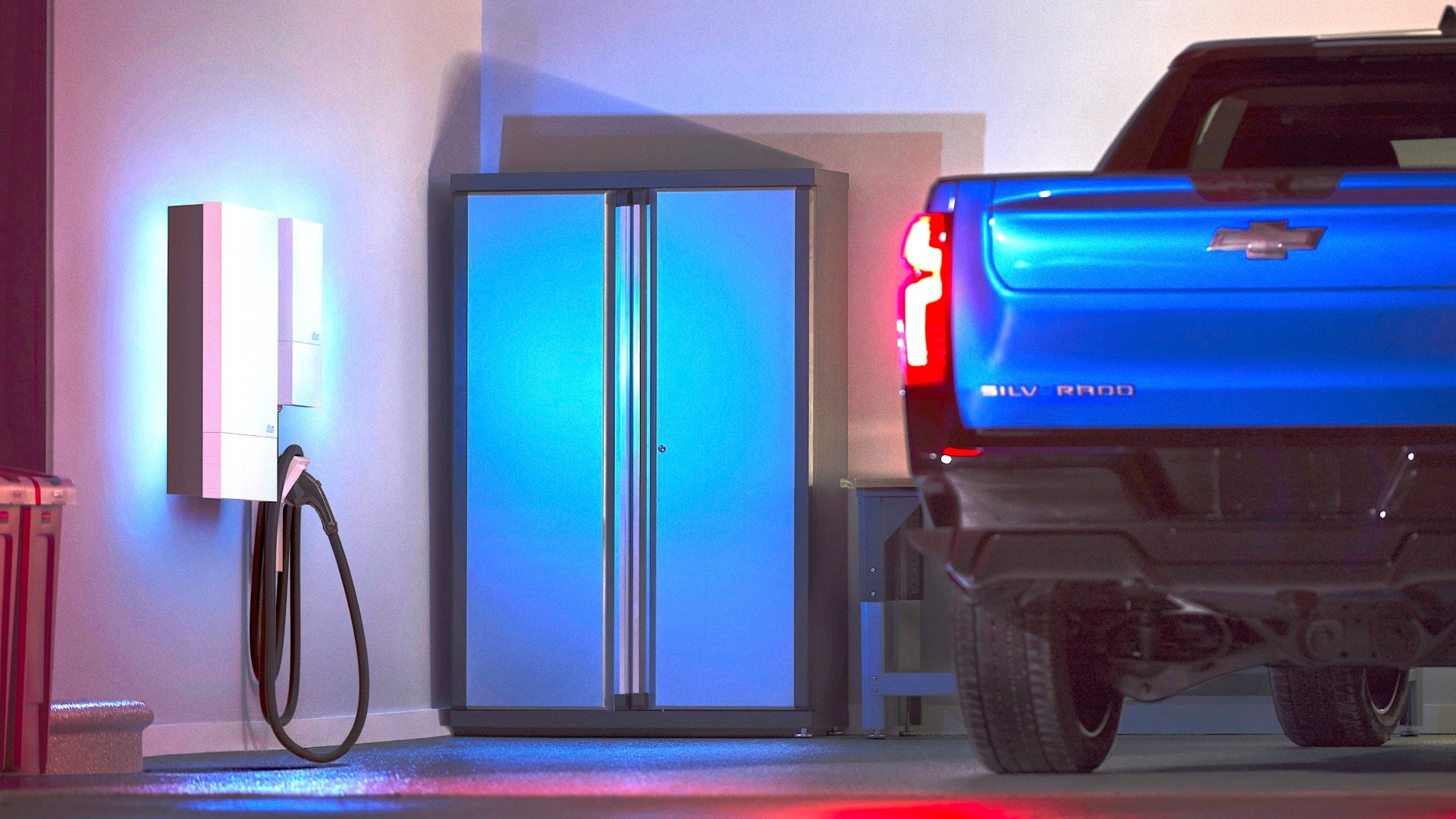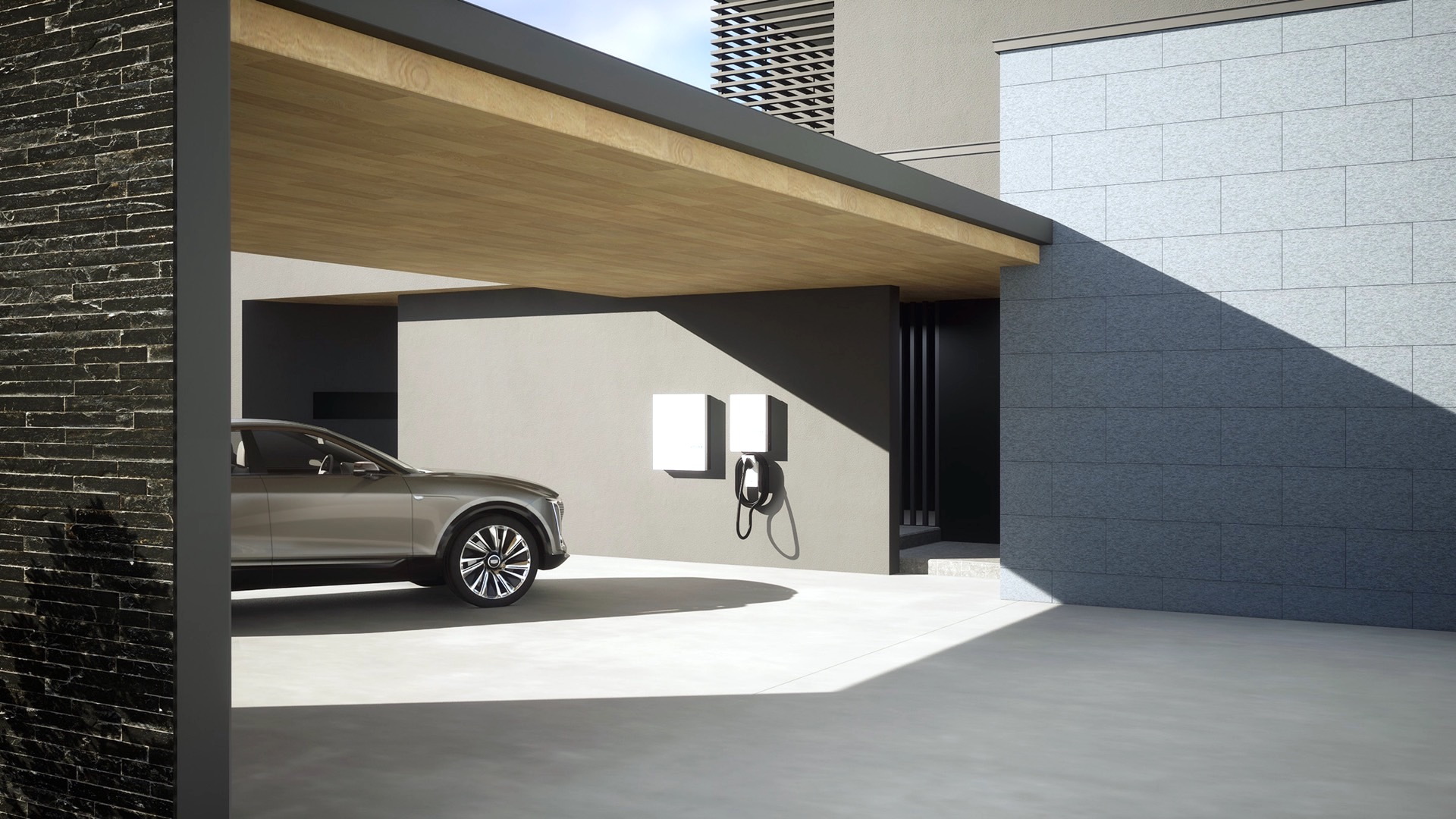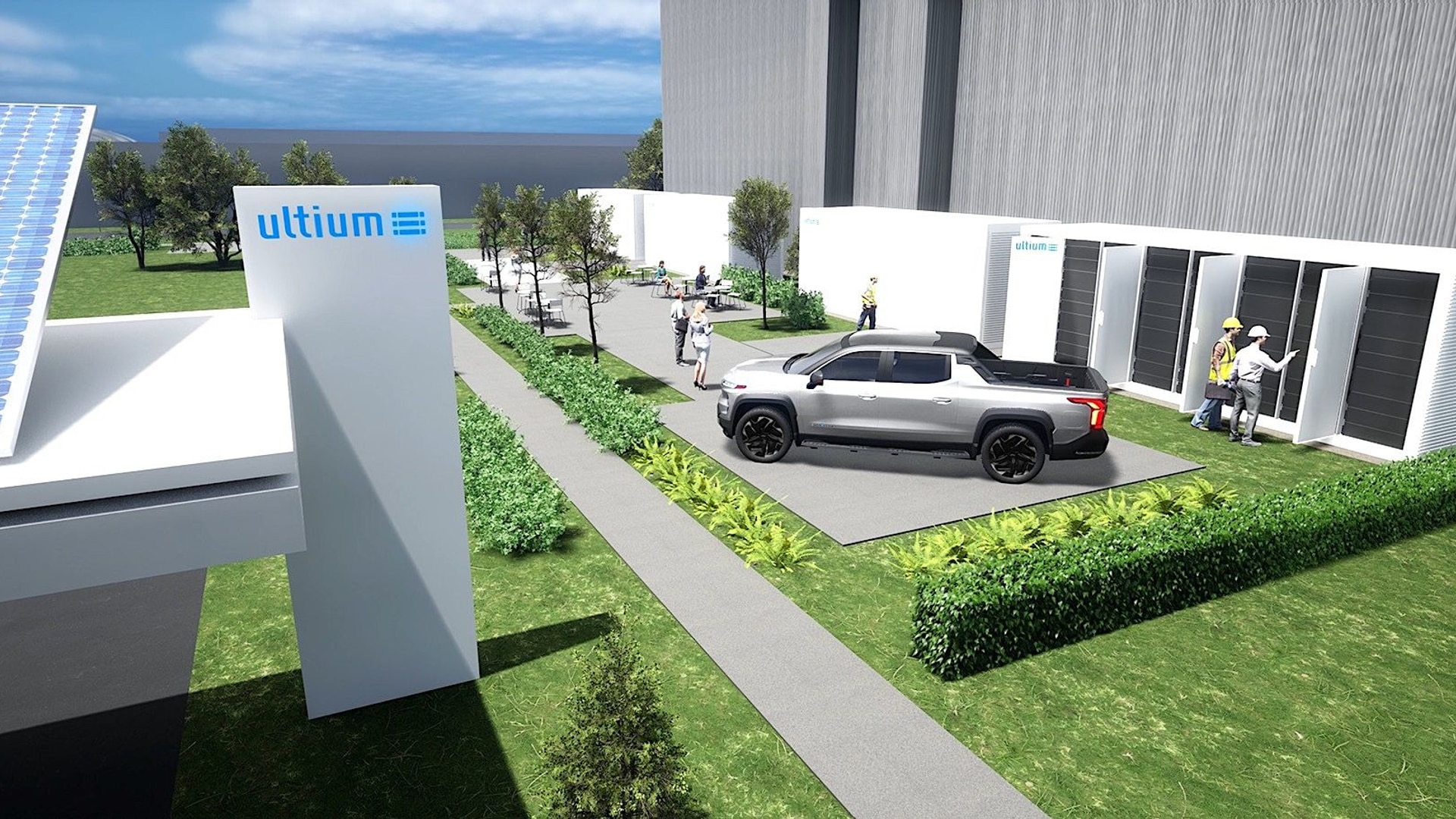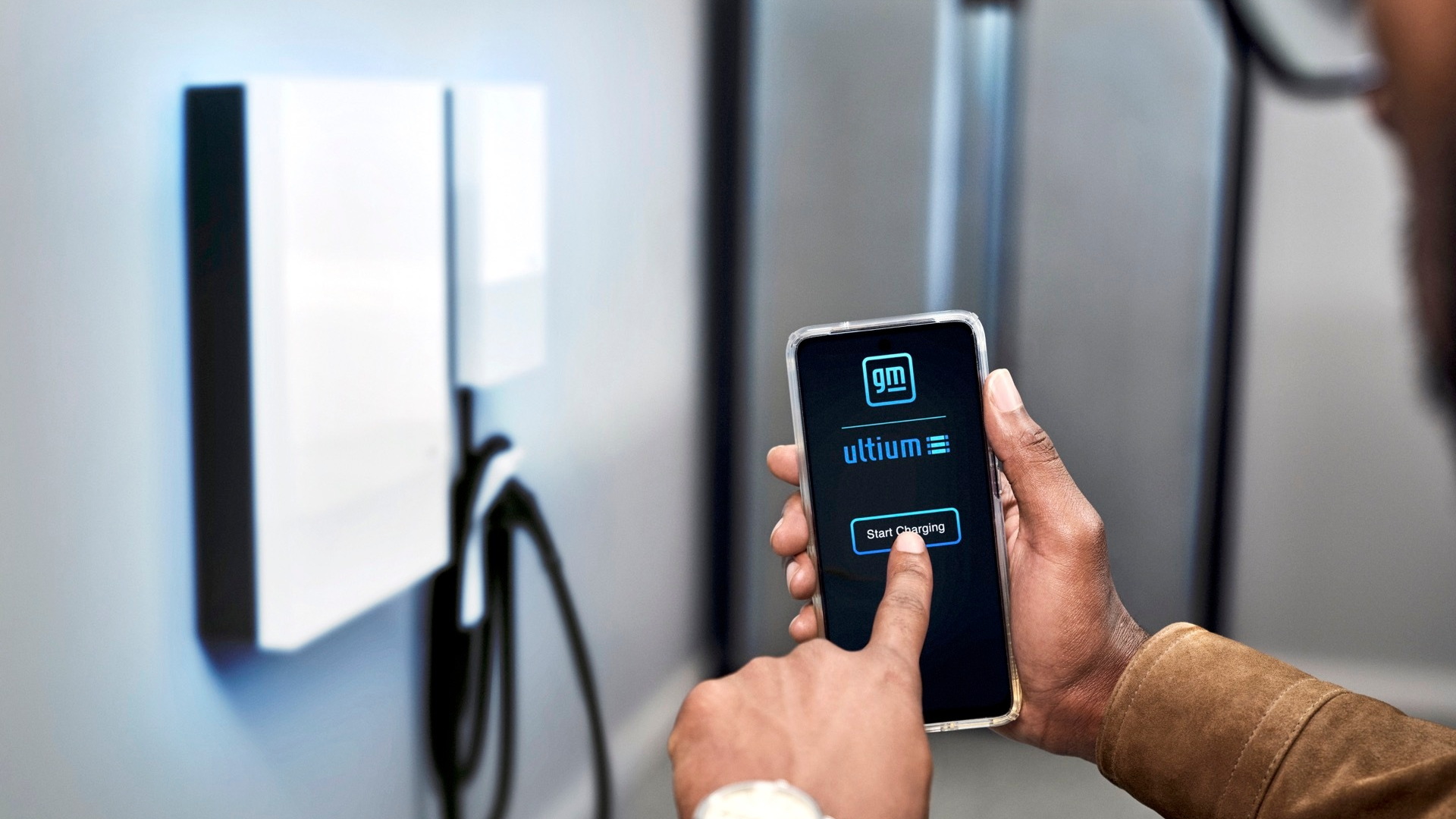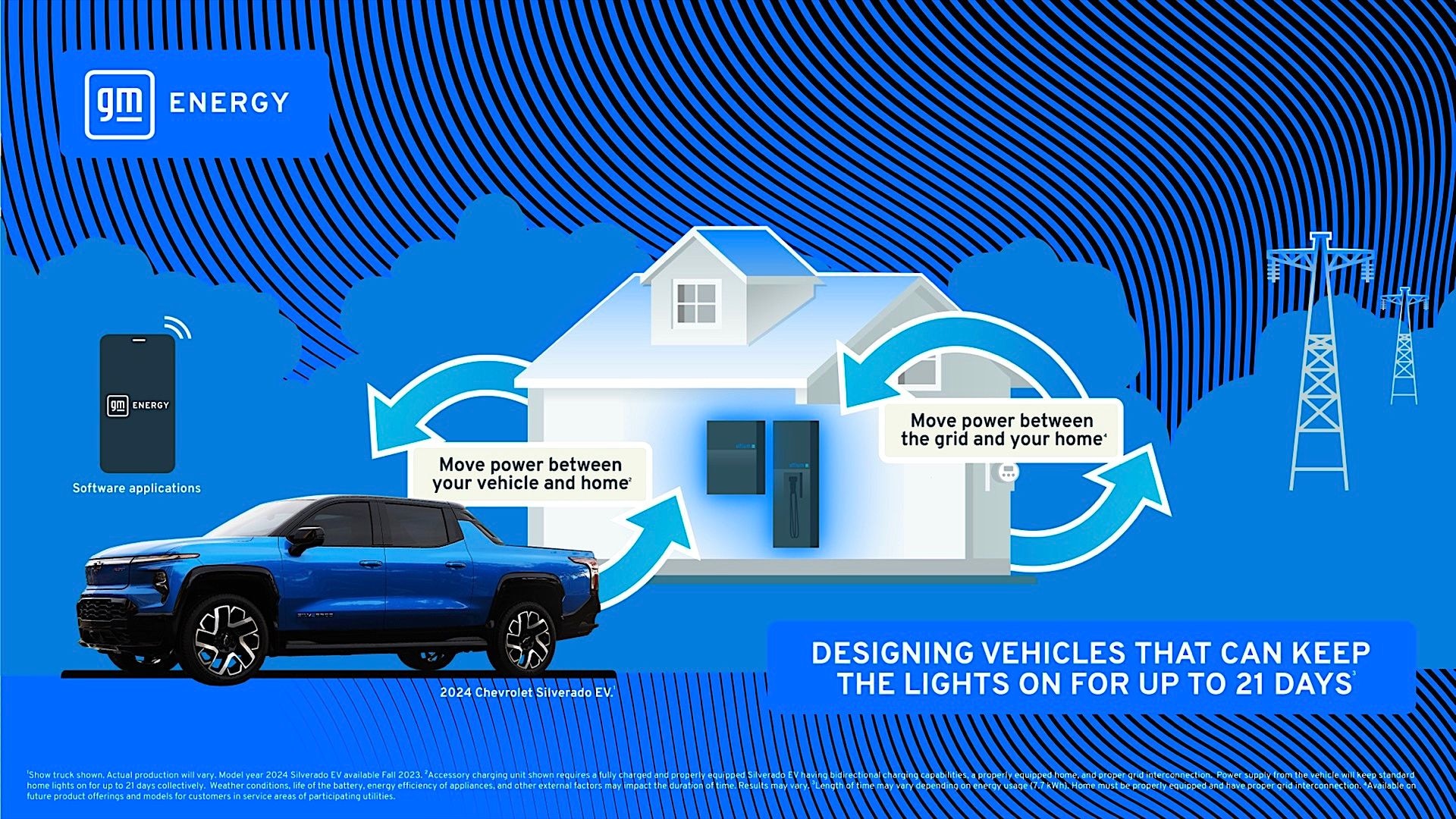General Motors is preparing to roll out dozens of electric vehicles, but rather than simply stick to the traditional model of selling and servicing vehicles, the automaker plans to offer a wide array of energy-related services built around EVs and their batteries.
To cover these services, GM has established the new division GM Energy. It already oversees GM's Ultium Charge 360 service that provides easy access to charging networks all over the country, and on Tuesday GM announced the addition of the new Ultium Home and Ultium Commercial services to GM Energy.
Together with partners, GM, via GM Energy, will offer items like solar panels and energy storage, both for home and commercial applications. This can be handy for residents in sunny climates, where a vehicle's battery can be topped up at home with energy from the sun.
There will also be energy management services, for a home or business or even the entire energy grid. For the home, an EV's battery could be tapped via bi-directional charging to power the home during peak hours when energy prices are high, and then charge up again during off-peak hours when prices are low. The battery could also be used to provide power when grid power is down, for example during a storm.
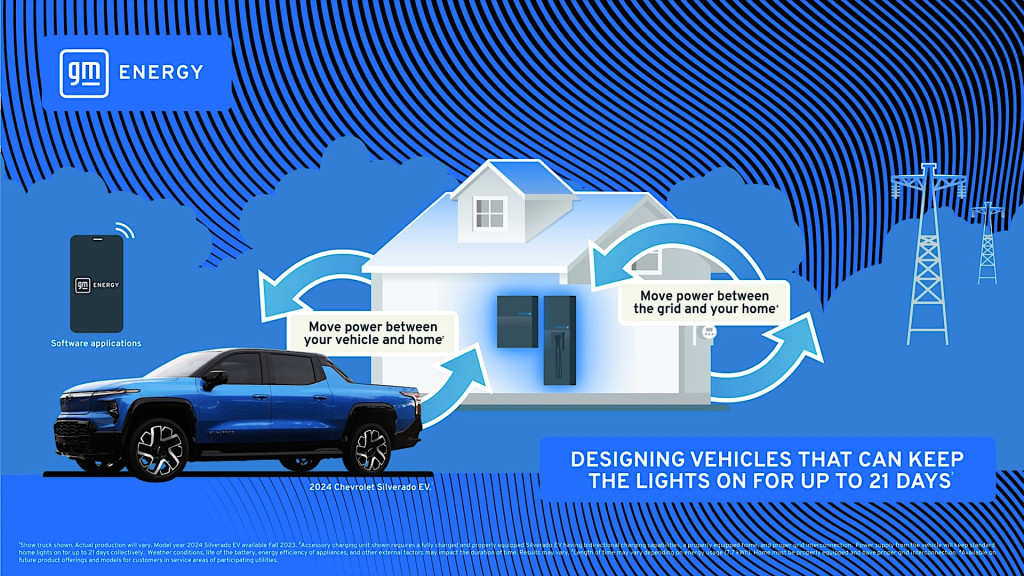
GM Energy
This concept could also be expanded to businesses with the installation of battery storage systems, and even to the entire grid using hundreds or thousands of individual vehicles. For example, EV owners could be able to sell energy from their vehicle's battery back to utilities during peak, high energy consumption periods.
Controlling it all would be a central management system known as the GM Energy Services Cloud. This system will house data and energy management tools, and connect customers—whether home, commercial or fleet—with the energy they need at a competitive price. The GM Energy Services Cloud is already linked with multiple utilities across four U.S. states and is growing, GM said.
One of those collaborations is a pilot program with California utility PG&E, which allowed customers involved in the program to receive power from their EV in the event of a power outage. The program will be expanded in 2023.
The concept is something other automakers have explored in the past, most notably Tesla, which was one of the pioneers in this space with products like Powerwall and the acquisition of SolarCity last decade.
